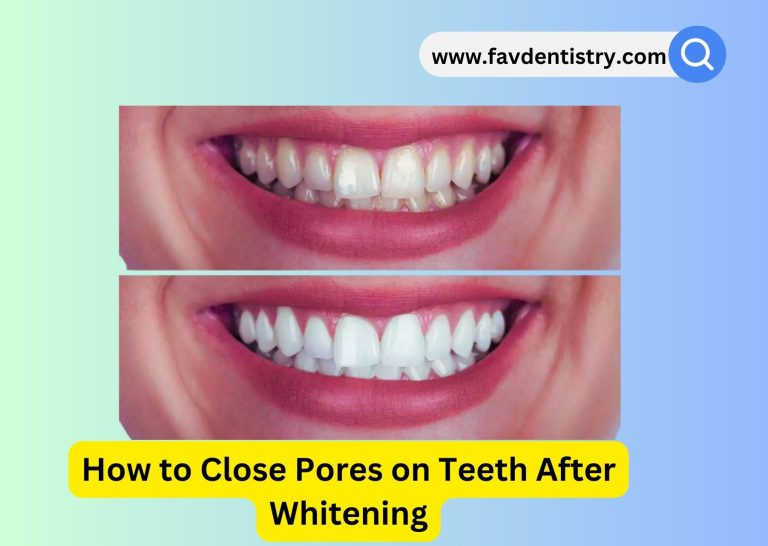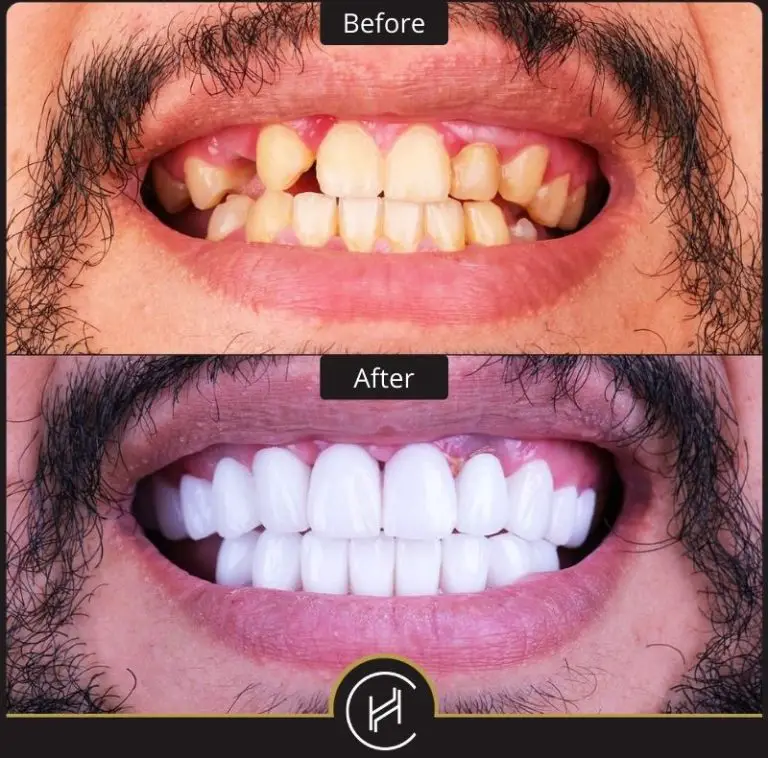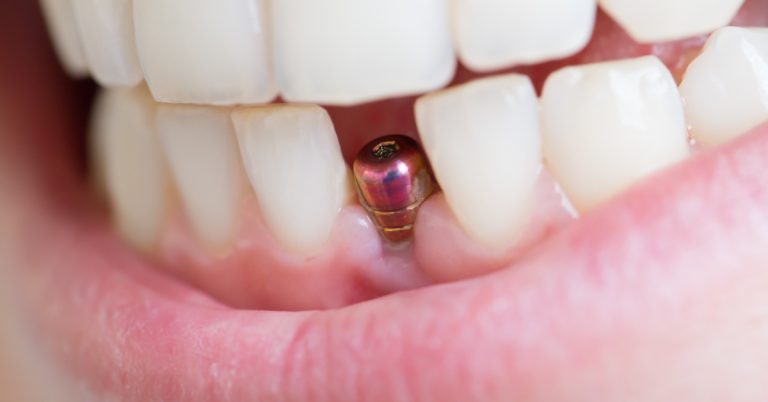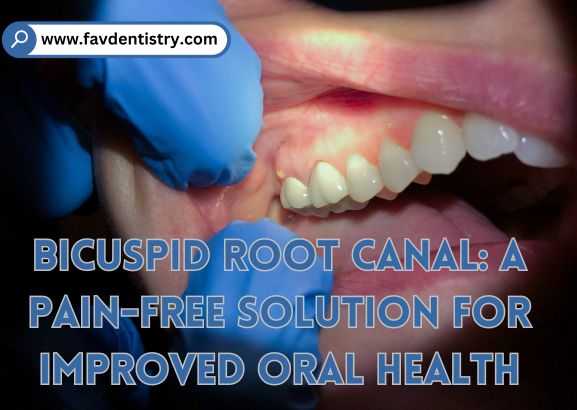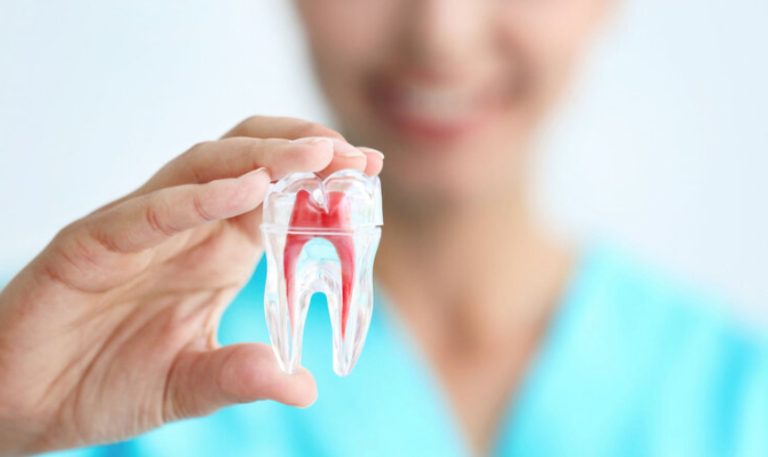Last Updated on 3 weeks by DR. ALBIN SIPES
Smoking, drinking alcohol, eating sugary foods, water iron can damage your teeth. But did you know that scale and polish treatments can help to restore them? Scale and polish is a type of dental treatment that involves removing plaque and tartar from your teeth, as well as any surface stains.
The treatment usually takes around 30 minutes to an hour and is often carried out by a dentist or hygienist. During the treatment, your dentist or hygienist will use special instruments to remove any plaque and tartar from your teeth. They will then use a polishing tool to buff away any surface stains.
How Scaling is done? | Teeth cleaning | Scaling and Polishing
A scale and polish is a routine cleaning procedure that dentists use to remove plaque and tartar from teeth. It can also help to brighten up your smile and make your teeth appear healthier. However, many people wonder whether or not this treatment is suitable for those with damaged teeth.
The answer is yes – a scale and polish can be beneficial for people with damaged teeth, as it can help to remove any harmful bacteria that may be present. However, it is important to note that this procedure should only be carried out by a qualified dentist, as they will know how to avoid further damage to your teeth during the process.
Does Scaling Weaken Teeth
When you have teeth that are weak, it can be difficult to keep them healthy. You may need to take extra care of your teeth and see your dentist more often. There are a few things that can cause teeth to weaken over time.
One reason for weakened teeth is scaling. Scaling is a process where the tartar and plaque are removed from your teeth.
However, scaling can also remove some of the enamel on your teeth. When this layer is weakened, your tooth can become more susceptible to cavities and other problems.
If you have weak teeth, you may want to talk to your dentist about ways to protect them. They may recommend using fluoride toothpaste or mouth rinse, which can help to strengthen the enamel on your teeth. You may also need to avoid foods and drinks that are acidic, as these can break down the enamel on your teeth over time.
By taking good care of your teeth and seeing your dentist regularly, you can help keep them healthy for years to come!
Can Ultrasonic Scaler Damage Teeth
An ultrasonic scaler is a dental tool that uses high-frequency sound waves to remove tartar, calculus, and plaque from teeth. While this type of scaling is generally safe, there is a small risk that sound waves could damage the enamel on teeth. If the enamel is damaged, it can lead to tooth sensitivity and cavities.
To minimize the risk of damage, be sure to have your teeth scaled by a qualified dentist or hygienist.
Can Removing Plaque Damage Teeth
When it comes to plaque, there are two schools of thought: removal and prevention. But what happens if you have plaque and you remove it? Can remove plaque damage teeth?
The answer is yes and no. Yes, because if you use a hard object to scrape away plaque, you can damage the tooth enamel. No, because simply removing plaque with a toothbrush or other soft-bristled object will not damage teeth.
So, the bottom line is this: be gentle when removing plaque from your teeth. Use a soft-bristled brush or another soft object (like floss) to avoid damaging your tooth enamel.
Does Scaling Damage Enamel
When it comes to dental scaling, there are two main types of procedures: hand scaling and ultrasonic scaling. Hand scaling is the more traditional type of procedure, in which a dentist or hygienist uses a small mirror and picks to remove tartar from teeth. Ultrasonic scaling involves using an electronic scaler that emits high-frequency vibrations to remove tartar.
Both of the procedure has some good and bad effects. Hand scaling is generally considered to be more gentle on teeth since the dentist or hygienist has more control over the amount of pressure being applied. Ultrasonic scaling is often quicker and can get rid of stubborn tartar buildups that might not be removed as easily with hand instruments.
However, both types of procedures can damage tooth enamel if they’re not performed properly. Scaling that’s too aggressive can cause enamel erosion, which can lead to sensitivity, cavities, and other problems. That’s why it’s important to visit a dentist or hygienist regularly for professional cleanings – they have the training and experience necessary to scale your teeth without causing any damage.
Scale And Polish Cost
If you’re looking to get your teeth professionally cleaned, you may be wondering how much a scale and polish costs. The price of a scale and polish can vary depending on the dentist and the type of cleaning needed. Generally, a basic cleaning starts at around $75 and can go up to $200 for a more thorough cleaning.
Teeth Scaling Side Effects
If you’re considering teeth scaling, also called tooth cleaning, it’s important to be aware of the potential side effects. While most people don’t experience any problems, some may suffer from temporary discomfort or sensitivity.
Teeth scaling is usually done by a dentist or dental hygienist using special instruments. The goal is to remove plaque and tartar from the teeth, both above and below the gum line. Plaque is a sticky film that contains bacteria and can lead to cavities and gum disease.
Tartar is a hardened plaque that’s more difficult to remove. After your teeth have been scaled, they may feel smooth and polished. However, they may also be sensitive to hot or cold drinks and foods for a day or two afterward.
You may also experience some bleeding from your gums during the procedure. This is normal and should stop within a day or two after your appointment. If it doesn’t, contact your dentist right away as you could have an infection.
In very rare cases, people have had an allergic reaction to the anesthesia used during teeth scaling procedures. This can cause swelling of the lips, tongue, and throat which can make it difficult to breathe. If this happens, call 911 immediately as you will need emergency medical treatment.
Scaling And Polishing of Teeth
The scaling and polishing of teeth is a process that is used to remove plaque and tartar from the surface of the teeth. This process can be done by a dentist or by a dental hygienist. Scaling and polishing of teeth is usually done as part of regular dental cleaning.
The first step in scaling and polishing teeth is to remove any visible plaque or tartar from the tooth surface. Plaque is a film of bacteria that forms on the tooth surface, and tartar is plaque that has hardened onto the tooth surface. Plaque and tartar can both contribute to cavities and gum disease.
After all visible plaque and tartar have been removed, the dentist or dental hygienist will use a scaler to remove any remaining plaque or tartar below the gum line. A scaler is an instrument that vibrates at high frequencies, which helps to loosen and remove plaque and tartar from the teeth. Once all of the plaque and tartar have been removed, the dentist or dental hygienist will use a polish to buff away any small scratches on the tooth surface caused by the scaler.
A polish will also give the teeth a bright, shiny appearance.
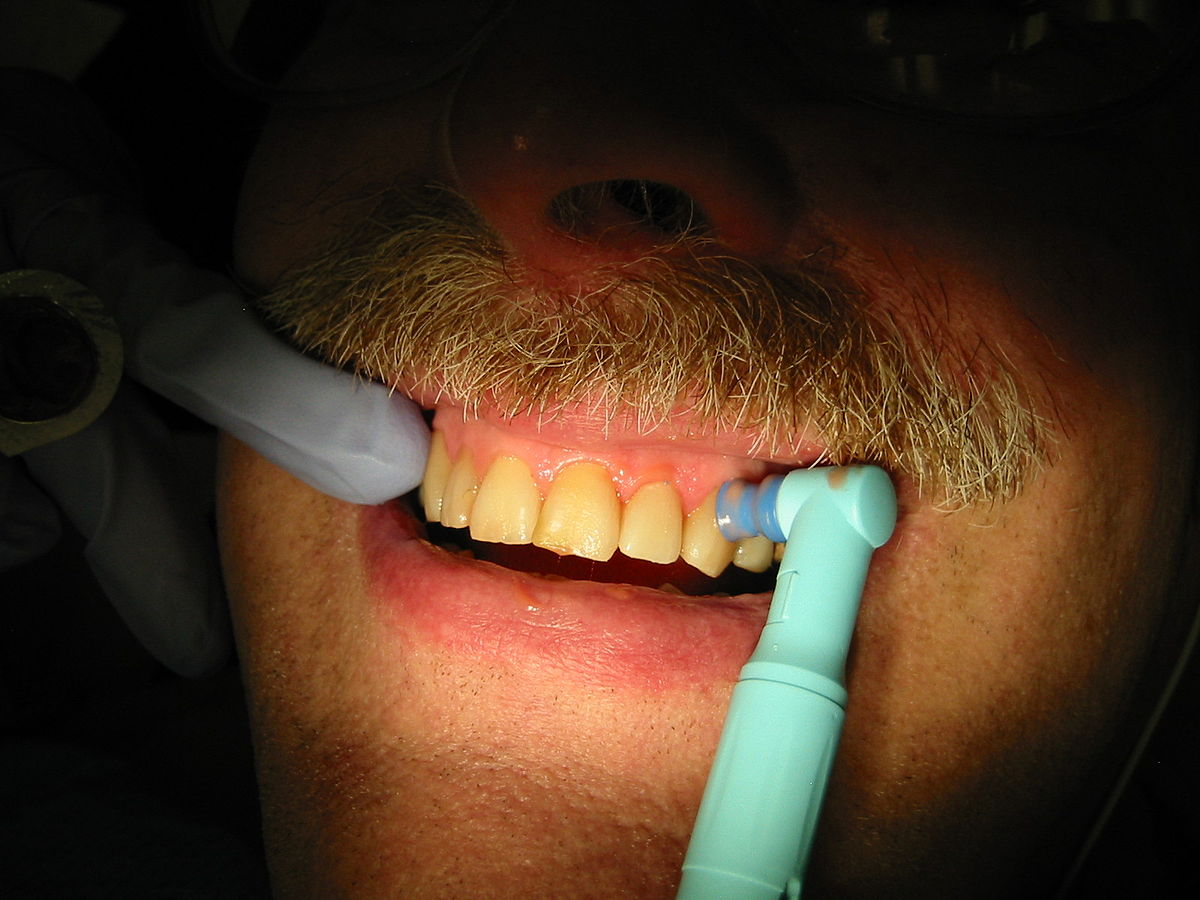
Credit: en.wikipedia.org
Does Scaling And Polishing Damage Teeth?
No, scaling and polishing do not damage teeth. In fact, these procedures are actually quite beneficial to oral health! Scaling helps to remove plaque and tartar buildup from the tooth surface while polishing leaves behind a smooth finish that is less likely to harbor bacteria and other harmful materials.
Can a Dental Hygienist Damage Your Teeth?
A dental hygienist can damage your teeth if they are not properly trained and do not follow the proper protocols for cleaning teeth. If a dental hygienist uses too much force when cleaning your teeth, they can damage the enamel and cause tooth sensitivity or pain.
What Happens to Teeth After Scaling?
Scaling is a process of cleaning teeth that involves the removal of tartar, plaque and other debris from the surface of the teeth. Scaling can be done manually with instruments or with ultrasonic devices. After scaling, the teeth are usually smoothed and polished to remove any residual tartar or plaque.
Why Do Teeth Hurt After Scale And Polish?
If you’ve ever had a scale and polish at the dentist, you may have experienced some sensitivity or pain in your teeth afterward. This is normal and usually nothing to worry about. The reason your teeth may hurt after a scale and polish is that the procedure can remove a thin layer of tooth enamel.
This can leave your teeth feeling slightly more sensitive to hot, cold, or sweet foods and drinks. The pain should only last for a few days and can be alleviated with over-the-counter painkillers such as ibuprofen or paracetamol. If the pain persists for longer than a week, please contact your dentist for further advice.
Conclusion
No, scale and polish will not damage your teeth. In fact, it can help to remove any build-up of plaque and tartar that may be present on your teeth. This process can also help to brighten your smile and make your teeth look their best.

